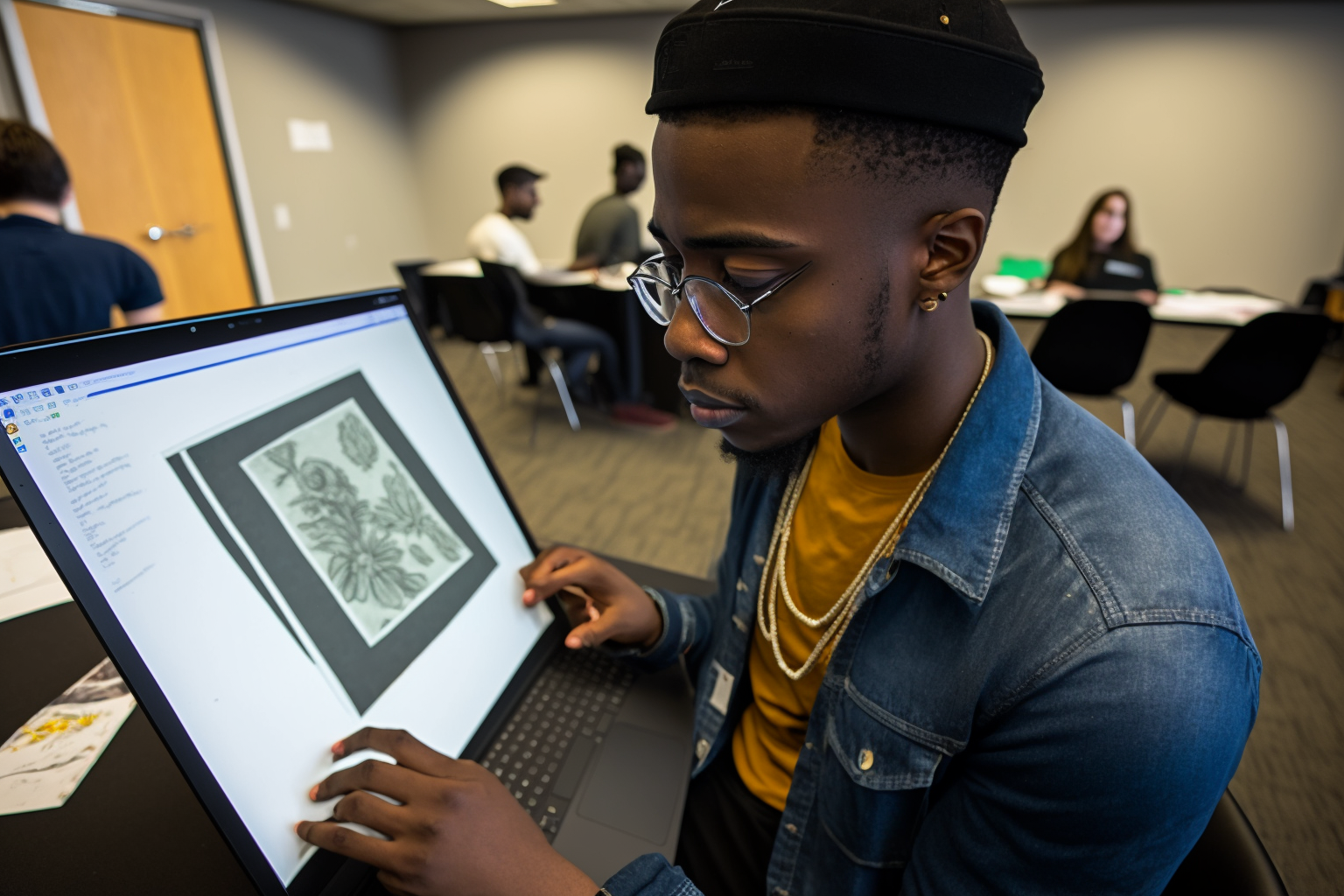Digital literacy is a crucial aspect of digital rhetoric, much like print literacy is necessary for traditional rhetoric. Digital literacy is more complex as it involves the ability to read and write across multiple sign systems, each with its own functional and critical requirements. The field of digital rhetoric raises questions about how to define digital literacy and its impact on the discipline.
Different Terminologies for Digital Literacy
Scholars have tried to identify digital literacy as a domain for literacy instruction with various terminologies such as computer literacy, media literacy, electronic literacy, or silicon literacy. However, others reject the coupling of these terms with literacy, as it dilutes our understanding of print literacy. In Literacy in the New Media Age, Kress (2003) argues that literacy refers to messages recorded using letters, leaving us with the need for new terms for the use of different resources like images, gestures, sound, etc. Kress makes a distinction between resource (writing) and use, and he argues that the term literacy refers to the knowledge of the resource of writing.
Electracy: A New Genre for Digital Literacy
In Teletheory: Grammatology in the Age of Video (1998), Gregory Ulmer suggests the term “electracy” as the designation for digital literacy. He views electracy as an apparatus, which includes technology, institutions, and practices, that are being invented to understand the emerging digital epoch. Unlike digital literacy, electracy is more of a method than a condition and is not a requirement for digital rhetoric.
Digital Literacy as Socio-Historically Situated Practice
If literacy is rooted in sociohistorical contexts, as Street (1984) suggests, then it should encompass more than just writing. The combination of literacy and different modes of literacy practices allows us to understand the effects of literacy in various contexts. It’s useful to differentiate between print media literacy practices and digital media literacy practices, instead of seeking a different name for meaning production that includes more than just writing.
Conclusion
Digital literacy is crucial for digital rhetoric and encompasses the ability to read and write across multiple sign systems. Different terminologies have been proposed to identify digital literacy, but electracy is a useful term to understand the emerging digital epoch. Digital literacy is a sociohistorically situated practice, and it’s useful to differentiate between print media literacy practices and digital media literacy practices. Digital literacy is a requirement for digital rhetoric and is an essential tool for digital communication.





Leave a Reply